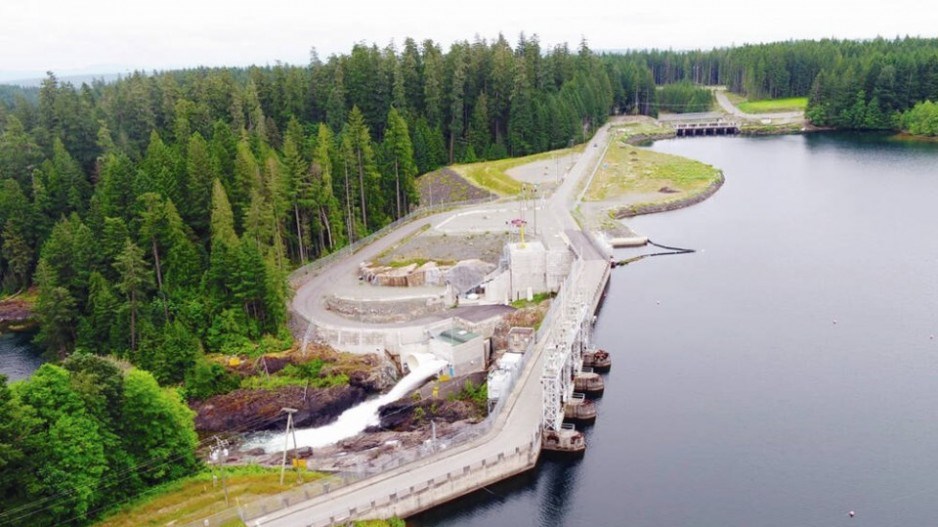Drought this year took a big bite out of BC Hydro revenues, public documents show.
In its recent second quarter financials, BC Hydro records lower revenues, due to drought conditions that lowered water levels at hydro dams and run-of-river generating stations.
Richard McCandless, who blogs about public policy issues, noted the revenue decline. BC Hydro often makes money on power sales through its trading arm Powerex. But those sales were down this year.
“Of particular concern was the dramatic $1.6 billion drop in trade revenue, which was only partially offset by a $0.5 billion decline in trade energy expenditures,” McCandless notes in BC Policy Perspectives.
BC Hydro notes that water levels at its dams were “significantly below average” this year.
“Water inflows to the system for the six months ended September 30, 2023 were significantly below average and lower than the same period in the prior fiscal year,” BC Hydro writes in its Q2 report.
“The below average water inflows were due to below average 2022/23 snowpack and persistently dry conditions across BC Hydro’s basins over the summer and start of fall.
"As a result of the lower water inflows, BC Hydro purchased more energy from the market to meet domestic load requirements. The increased market purchases reduced trade gross margin."
As a result of the lower water levels and trade revenue, BC Hydro’s net income for the first half of 2023 was just $68 million, compared to $92 million for the first half of 2022.




